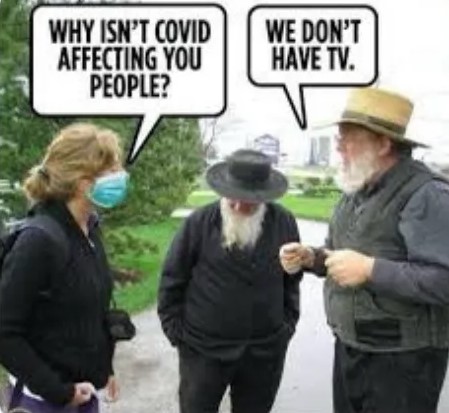
|
23A022 EVs, or Not? by Jim Davies, 5/30/2023
Elon Musk is almost certainly right: one day, a century or so from now, the world will run out of oil and therefore mankind had better not then be stuck with gasoline engines in cars. He reasons that accordingly, let's get busy now, ahead of the game, with Electric Vehicles. 
Okay, if it makes business sense as well, why not? - and he has done a lot better than I have, in business. Yet nonetheless, I retain a nagging doubt or three. His company, TESLA, is not unfettered as a business; it's getting subsidies. The US government is there to help. That spells trouble. It suggests that without that stolen money, EV development would not be feasible; that investors alone would not pony up the capital required. Hence, if ours were a zero government society already, EVs would not yet be on the road. Above, I wrote that Musk is "almost" certainly right, about oil. I've always assumed that oil derives from ancient forests, buried often deep under ground and sea, eaten by microbes which later die and decompose. That's the view of USA Today, which dismisses the rumor that replenishment is taking place as fast as oil is being extracted. Against that however stands the abiogenic theory of petroleum generation: that oil is also being produced from carbon deep in the Earth's mantle, without microbial help. In addition, new oil fields are still being discovered. So perhaps the reserves of oil will take a lot longer to run out than currently supposed. And in that case, since internal combustion engines ain't broke, why fix 'em? They are being designed to be more fuel-efficient every decade, and while there is a limit to that (they can never reach or exceed 100% conversion of fuel into usable energy) there's still ample room for improvement. Further: as suggested in a recent ZGBlog, there may be a new kind of energy waiting to be understood and exploited: cold fusion. Once government is out of the way, that would (if true) happen in a bottom-up fashion, not top-down; that is, useful energy will be drawn from it at first in small units such as home furnaces and vehicle engines rather than as giant multi-megawatt generators for a power grid. Gene Mallove wrote that using fusion (cold or hot) in one cubic kilometer of ocean water there's enough D2O to meet all the world's energy demand for the foreseeable future. So without a pressing fuel shortage right now, it seems a bit premature to rush into EVs when their shortcomings are quite well known:
I've driven a Toyota Prius for a couple of days, and was impressed with the performance of its electric engine. Not much wrong with that aspect of an EV. But to charge its battery needs either a gas engine as well (as in that hybrid) with the waste of space implied, or else a comprehensive network of re-charging stations which does not yet exist, and which must in any case draw the power delivered from electricity ultimately generated mainly from hydrocarbon fuels. It's not clear to me that the total energy consumed by EVs and that network will be noticeably less than the current amount. Long-range planning will be 100% absent in the coming ZGS, for there will be no government to do it; therefore any move towards EVs will happen "bottom up", when entrepreneurs detect a business opportunity arising from latent demand. Quite possibly EVs will triumph, but if so it will be a choice by the market, not by social engineers and Green politicians. Or just possibly, vehicles will be powered in neither way but by fusion. It will be exciting to find out.
|
|
||||||||||||||||||||||||||||||||||||||||||||||||












